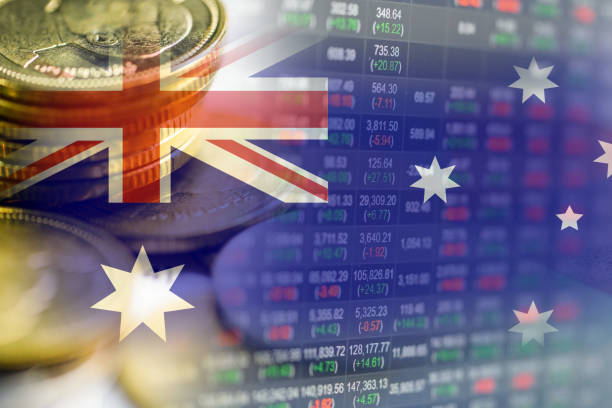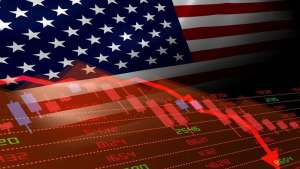The post-pandemic slump in Australian housing is set to deepen next year as hundreds of billions of dollars of mortgage debt fixed at record low rates in 2020 and 2021 mature, forcing borrowers to refinance at punishingly high interest rates.
Repayments on an estimated A$370 billion ($245.79 billion) of home loans could spike by as much as two-thirds at a time when real incomes are already shrinking due to surging inflation, dealing a body blow to house prices and the economy's main engine of growth - consumer spending.
Home values in Sydney have fallen 12% so far this year and Eliza Owen, head of Australian research at property consultant CoreLogic, expects further losses as more distressed properties are listed for sale.
"While most borrowers are expected to be able to continue servicing their mortgages, there could be more motivated selling, if mortgage arrears rise from record lows," said Owen.
Homeowner Francesca Lemon knows the pain – repayments on her variable-rate mortgage have already risen by A$1,200 per month this year, forcing her back to work despite a long-term medical condition so that her family can keep up with debt.
"It's very frustrating and people are already struggling to survive. The cost of paying your mortgage is literally going up for everyone by thousands of dollars," said the 31-year-old Lemon.
Australia's big four banks - Commonwealth Bank of Australia (CBA.AX), Westpac (WBC.AX), National Australia Bank (NAB.AX) and ANZ (ANZ.AX) - account for 75% of the country's mortgage market.
The Reserve Bank of Australia (RBA) has raised interest rates every month since May, taking them from an all-time low of 0.1% to a decade-peak of 3.1%.
Policy makers are all too aware that mortgage payments will surge to record highs next year when fixed rate loans expire, and cited it as one reason for being the first major central bank to slow the pace of tightening. read more
The RBA fears 15% of the borrowers on variable rates could see their cash flows turn negative, assuming that interest rates rise to 3.6% in line with market expectations.









